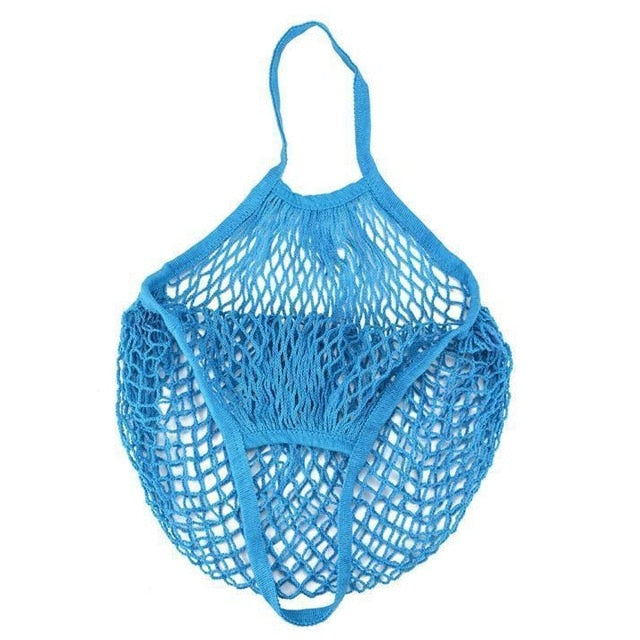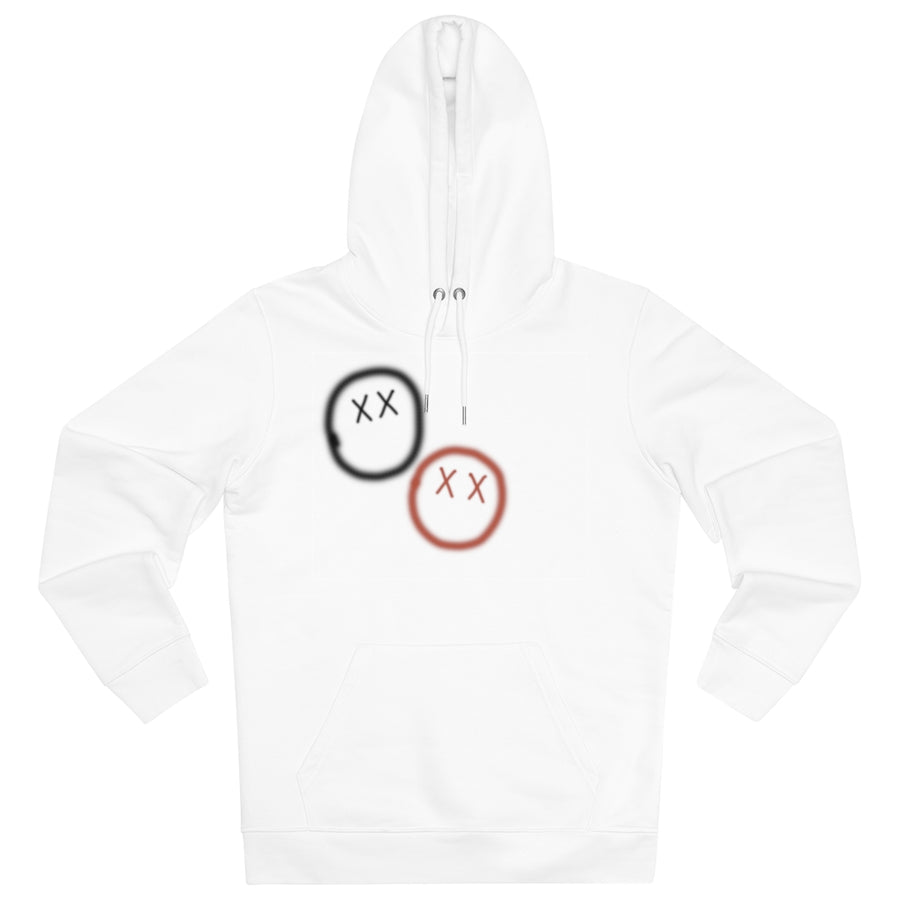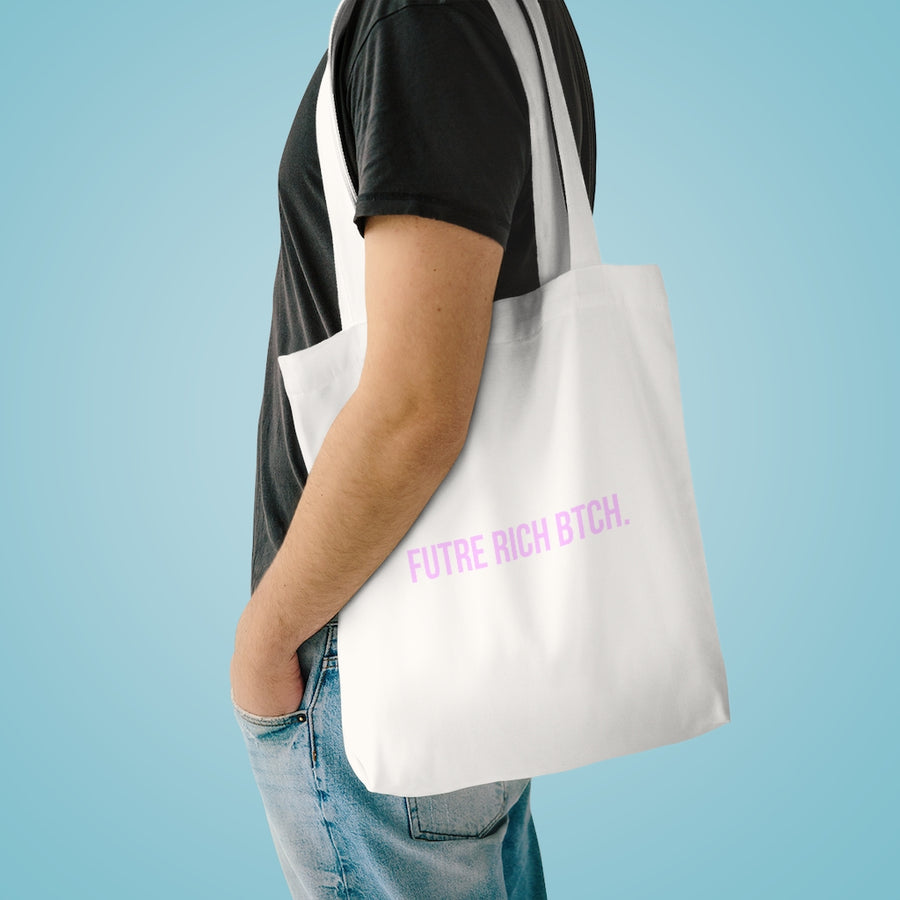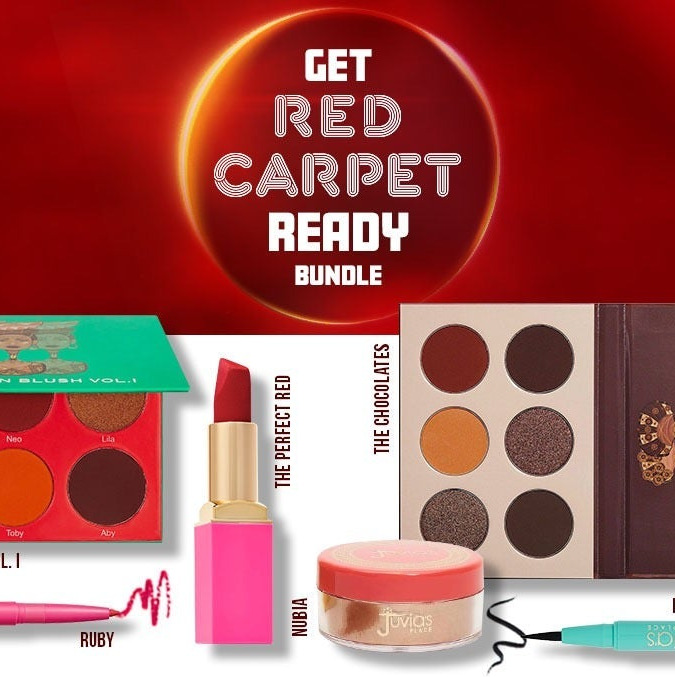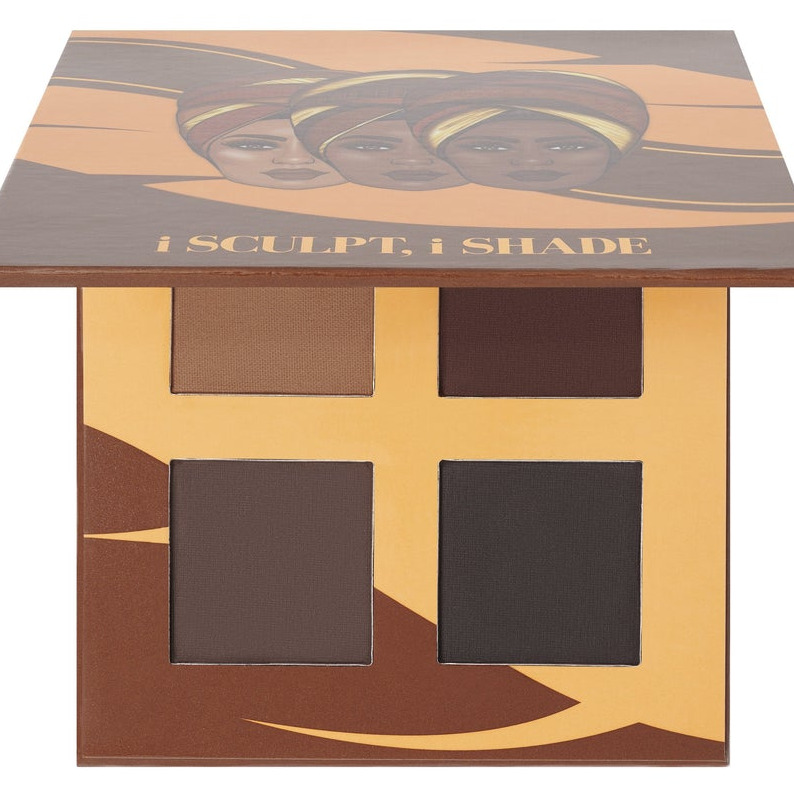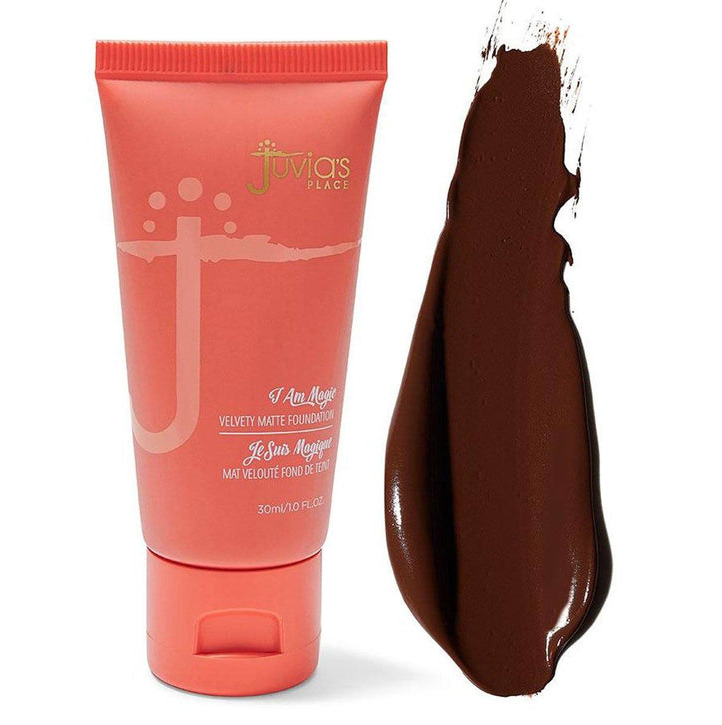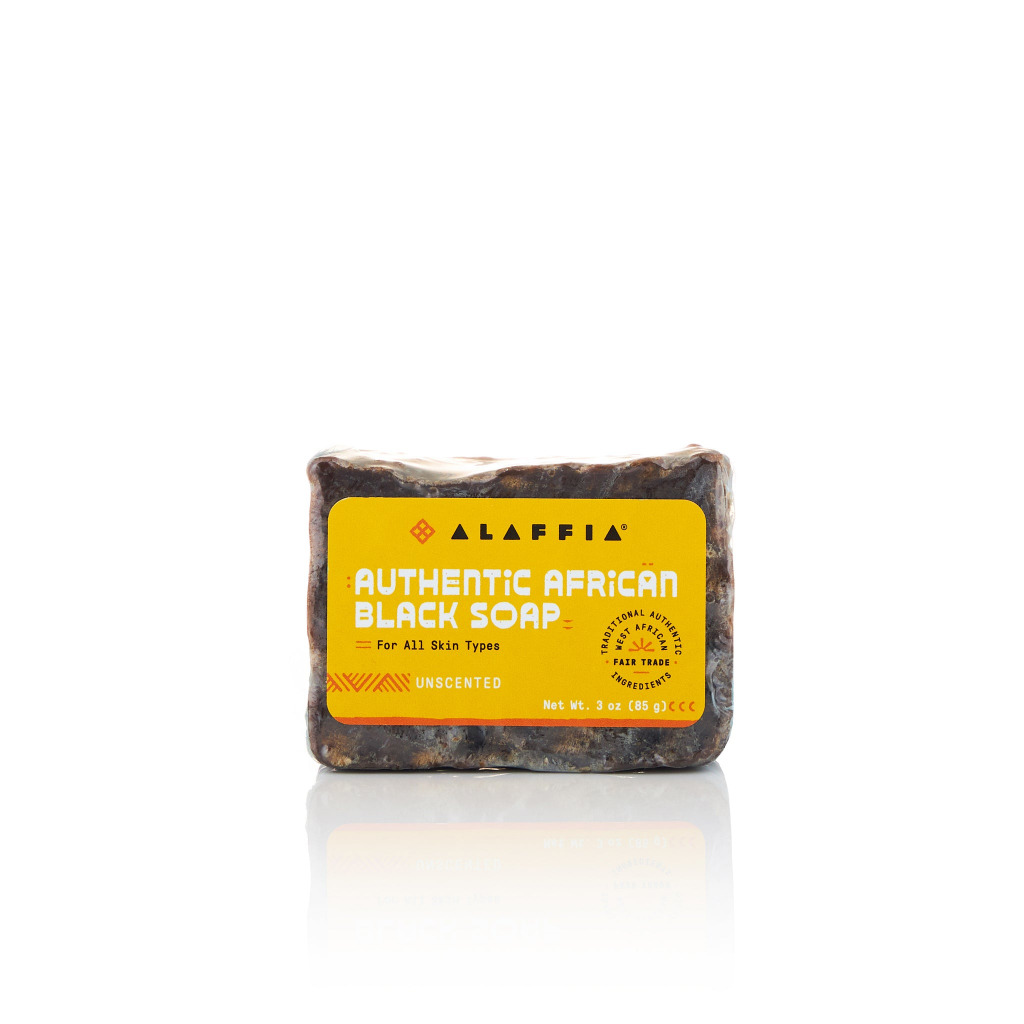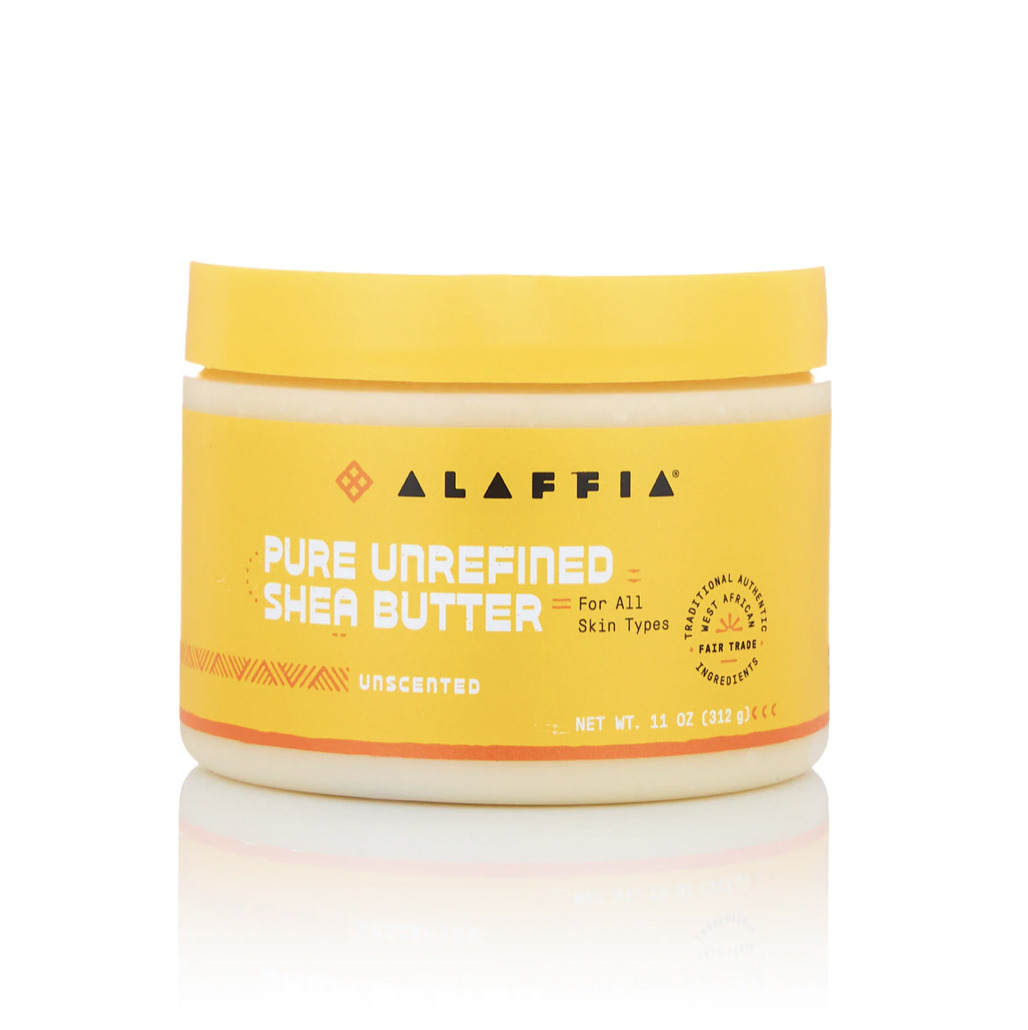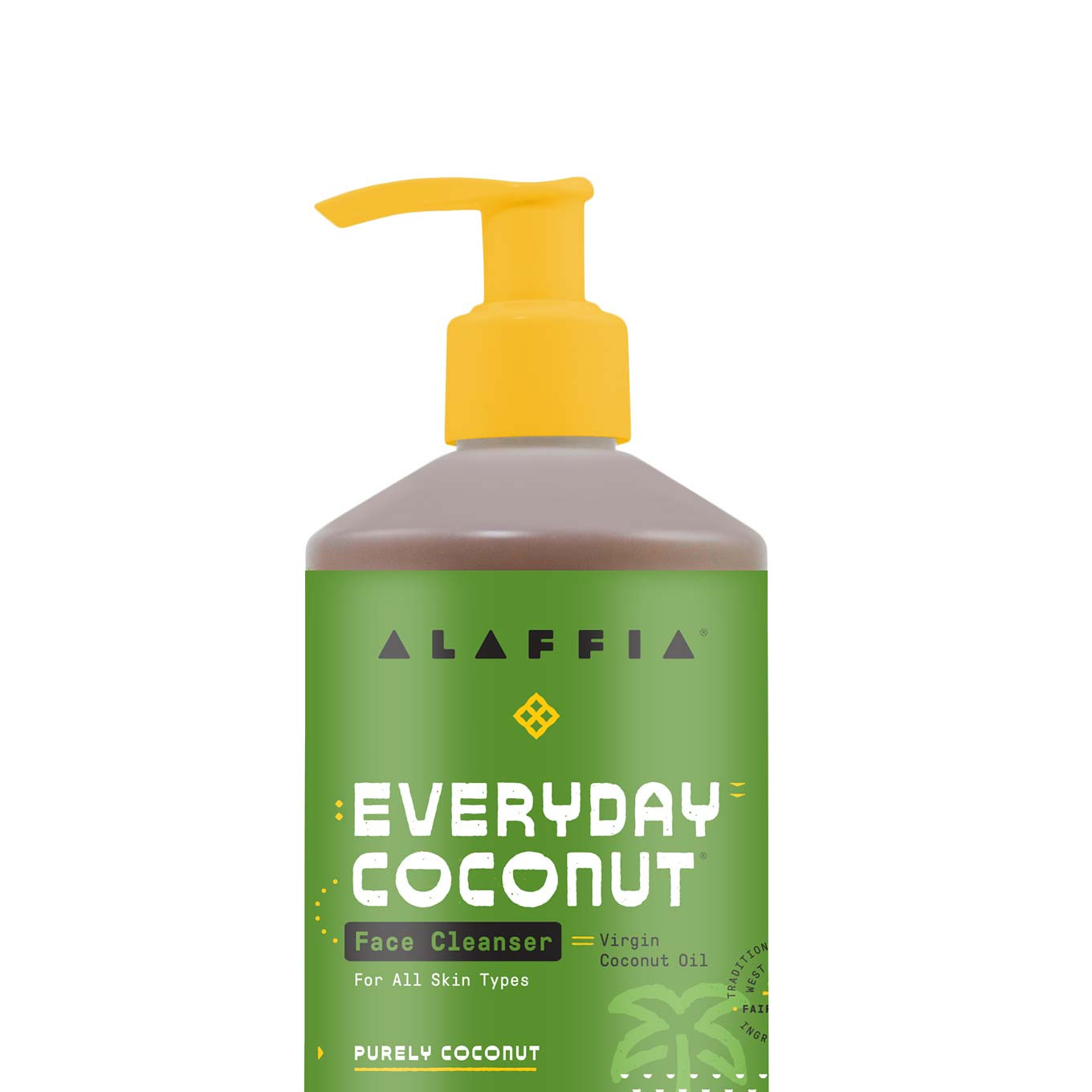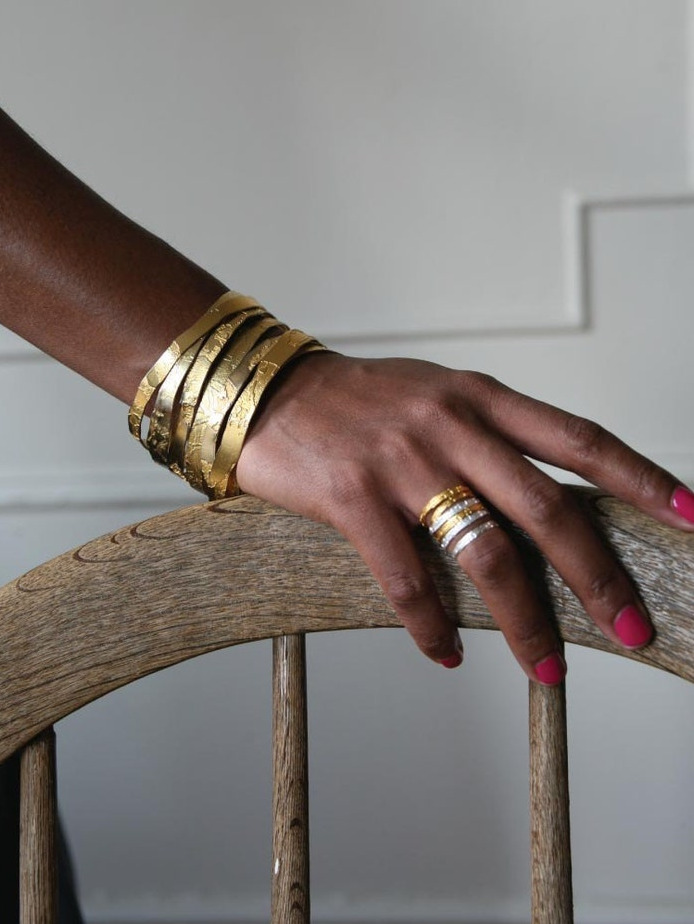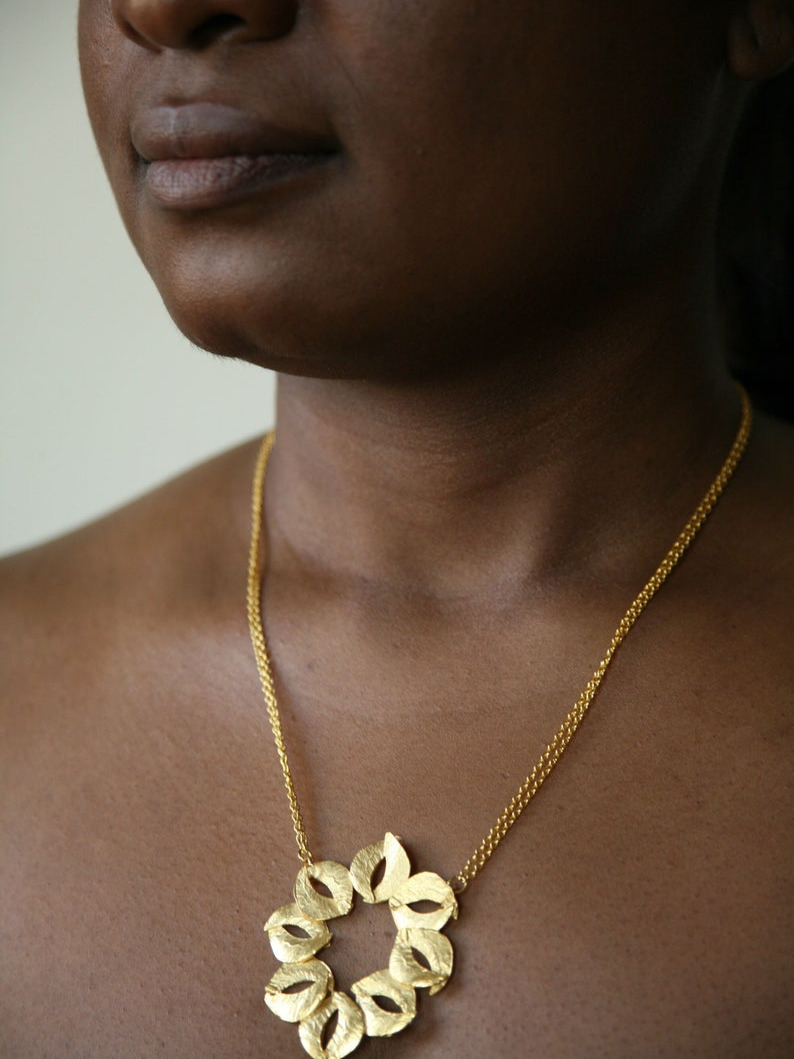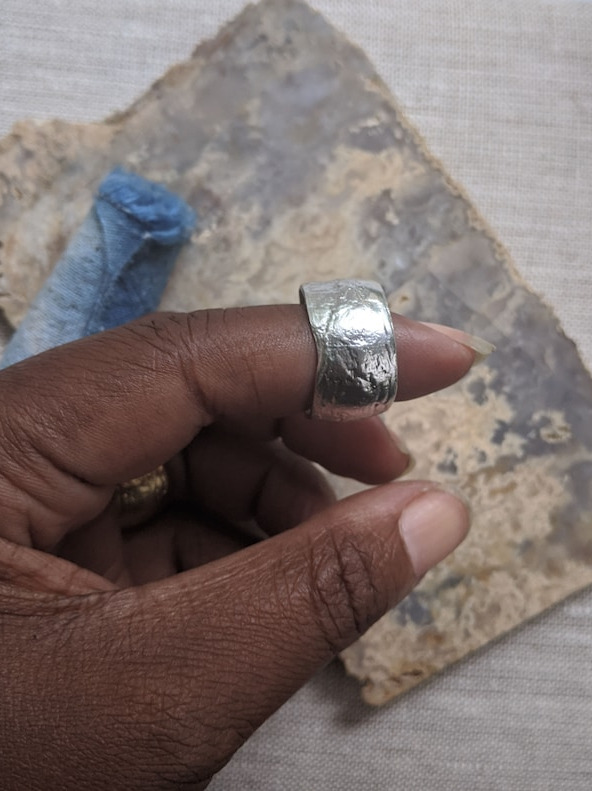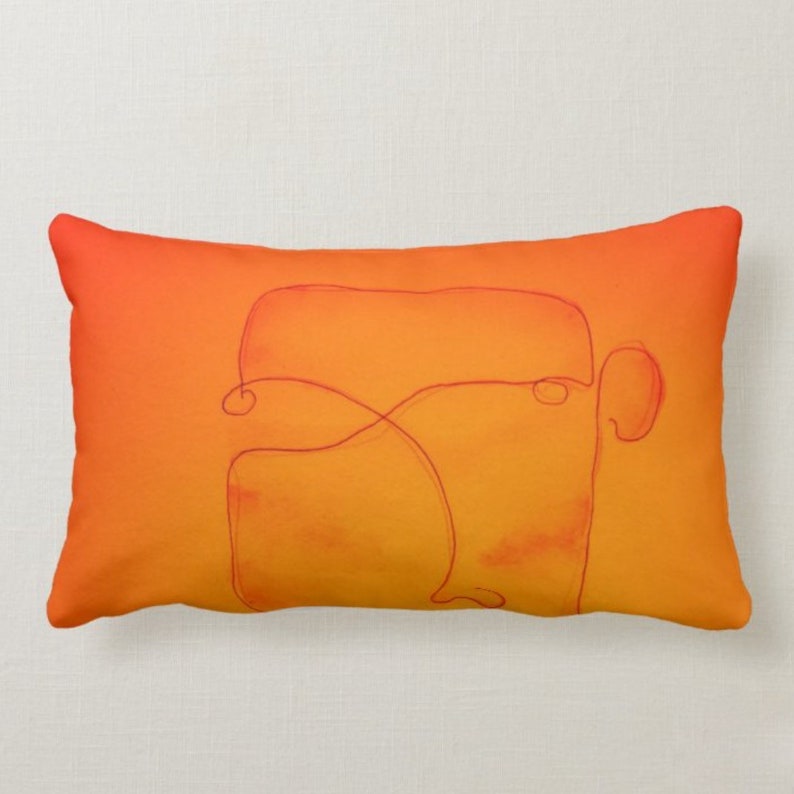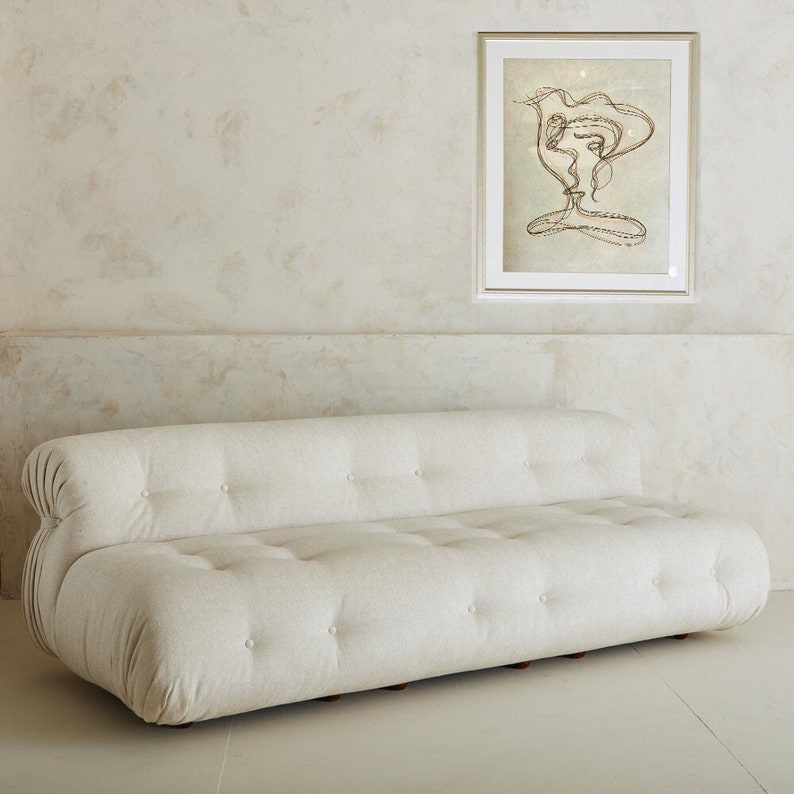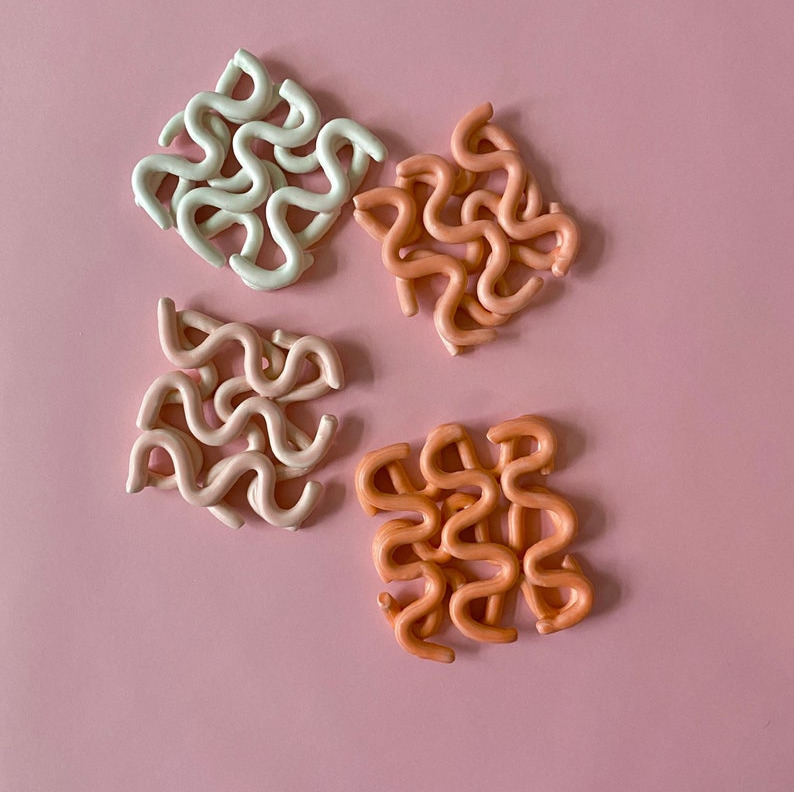Featured Image Source
I always cringe a little when stores start selling merchandise that centers around Black History Month and Pride Month.
Don’t get me wrong, they should, absolutely, recognize these months. But every time the stores start capitalizing on their themes, I have to wonder how much of the profit actually help these marginalized groups?
We’ve all seen the millions of shirts, signs, pins, and other merchandise that boasts African American representation during February and I am here for it. I love that Black creators are getting the much-deserved representation and spotlight at retail stores.
But what happens when March 1st hits? Do the stores silently pack up the unsold merchandise or mark it down? Will TJ Maxx and Marshalls get overrun with Black Pride merch while the previous retailers go back to selling their factory-made, white-washed designs?
In other words: What happens when the month is over and stores can no longer capitalize on Black history?
The answer is, sadly, they will go on sale. Black History Month is the shortest month of the year. February is flooded with a mixture of Black pride and heart-shaped everything. And, honestly, people are more inclined to run towards the pink hearts than the harsh reality of what history has done, and is still doing, to Black people.
View this post on Instagram
So how do we rectify that?
First and foremost, you should buy directly from Black-owned businesses.
That way you can be sure 100% of the profit is going to them and not any other retailer that just gives their merchandise shelf space. Spending your dollars at Black-owned businesses matters.
When you make it a priority to support Black-owned businesses, it can help close the racial wealth gap right now and, in turn, 200 years from now. Ever had someone encourage you to “vote with your dollar”? When you buy directly from Black businesses, it really does make a difference – not only is it a dollar out of the hands of big box stores and into the hands of Black creators, but visiting and purchasing from their websites will also help search engines give their business more credibility which can have a (good!) snowball effect for their business.
Promoting the success of Black-owned businesses will also help tackle some of the biases preventing Black entrepreneurs from obtaining equal access to business loans – it helps with entrepreneurial equality.
This should not be a once-a-year trend in February. Black-owned businesses strengthen local economies, create job opportunities, close the racial wealth gap, and celebrate diverse cultures.
Want to support Black-owned businesses this month? Below are just a few we love.
Apparel
Zen Studio NYC
Zen Studio NYC is a “Sustainable streetwear brand for the extra cozy.” It was founded by Aniyah, a self-proclaimed “Sustainable Trapper” who is advocating and educating through fashion and design.
Beauty
Juvia’s Place
Juvia’s Place believes in inclusive beauty and was founded by Chichi Eburu after she struggled to find makeup suited for her deep skin tone. Juvia’s Tribe celebrates its customers that come to them from all walks of life.
Skincare
Alaffia
Founded in 2003 in West Africa, Alaffia redefines the natural products industry through its values of Beauty, Equality and Empowerment, fair trade, and safe, efficacious hair, face, and body care.
Jewelry
Lingua Nigra
Alicia Goodwin launched Lingua Nigra, which makes “Sculptural design for everyday adornment.” She creates work inspired in nature with a focus on ancient talismans, Victorian-Era work, and mourning sentimental jewelry.
Home Goods
BluMintStudios
Blake Alexander, the Designer, Owner, and Creator of BluMintStudios, says “With my own two hands, [I’m] creating every item in the BluMint Studios! I believe handcrafted, original designed items are very special and last a long time. I infuse intention, fine details, love, and energy into every piece.”
If, for some reason, you cannot buy directly from a Black-owned business, there are some retailers who show support by carrying their merchandise in their stores – Target being one of them.
Last year, Target announced it will spend a total of more than $2 billion on Black-owned businesses by 2025 as part of its effort to advance racial equity.
“The Minneapolis retailer will add a broad spectrum of products from more than 500 Black-owned businesses and will increase its spending at more Black-owned companies, from marketing to construction,” reported ABC.
“It will also introduce new resources, like a dedicated team to help Black-owned suppliers scale their businesses to work with mass chains. The Forward Founders program builds off Target’s accelerator program that helps entrepreneurs.”
While everyone’s support is encouraged, Adene J. White, who founded Blackbelt Media LLC in 2017 (which produces the Blackbelt Voices podcast), jokingly says, “I don’t know if I’m ready to see white people around town rocking a ‘SOUL’ T-shirt or an ‘Embrace Your Roots’ jean jacket.”
The podcast propagates the richness of Black Southern culture by telling stories from and about Black folks down South.
White shows her support for businesses like Target, saying, “Overall, I’m here for Target’s Black History Month display. Notwithstanding the importance of supporting small businesses, Target featured several brands founded by Black entrepreneurs, putting their products in front of more customers.”
These businesses included Zandra Beauty, a beauty company founded by 18-year-old Zandra Cunningham (Target sells a “Treat Yo Self!” gift box), Tropic Isle Living, a store founded by Lois Reid Hines that focuses on hair care (Target currently sells their hair wraps), and Nubian Heritage, a store for all-natural hair and body care.
While it might be better to simply take note of the creators and shops highlighted in big stores like Target and then go directly to their online stores, there is something to be said about Target’s platform.
No, we don’t need a white-savior complex, especially when it comes to Target, but we do need to acknowledge that Target is a huge company. Target selling these products from Black-owned companies allows them to have a platform they haven’t had before.
So, yes, if you’re not Black, maybe skip the “Soul” shirts this year (and every year), but look at the companies, do your research, and see what you can do to support them.
You can also shop from small stores and shops to directly help Black creators more than a shopping spree in Target will.
Tees in the Trap is an amazing online retailer that supports Black creators and black designs (yes, even past the month of February).
No matter where you go or what you shop for, make sure to do the proper research beforehand and know that you’re supporting the right people. If you’re going to spend $50, make sure it goes to the creators, not the corporation that is capitalizing off a month.
Buying directly from Black-owned businesses is a no-brainer. Tell us what you think in the comments.
For More On Social Issues, Check Out These Articles Next:

